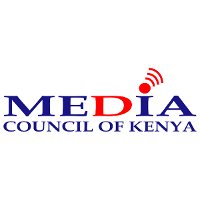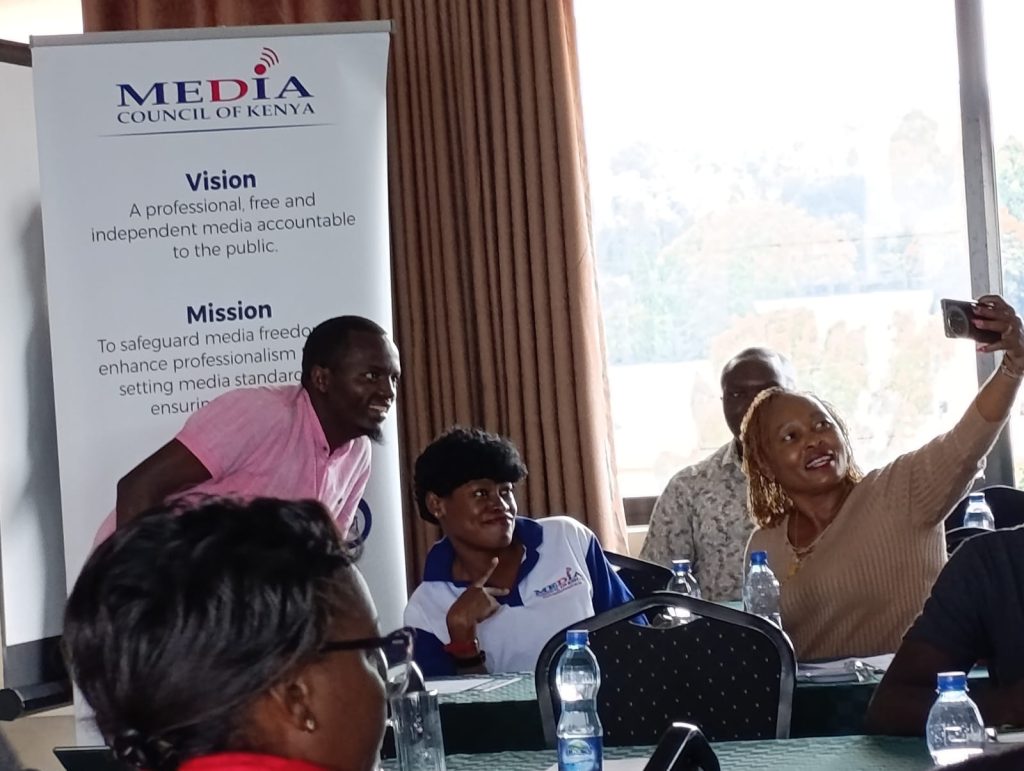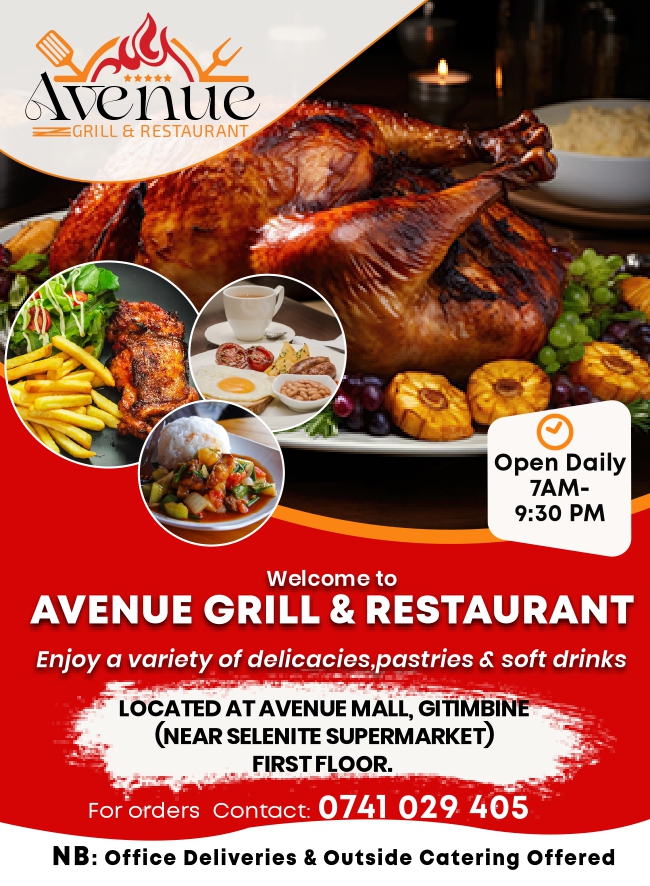Journalism is the most dangerous profession in the World, The MCK regional manager says.
By Gerald Mukembu

The Media Council of Kenya has advised journalists to be extra cautious while carrying on their duties.
Speaking during a public participation the amendment of the Code of Conduct for Media Practice 2025 in Meru, the regional coordinator Jackson Karanja said Journalism is the most dangerous profession World over encompassed with challenges of intimidation and threats.
“We urge the members of the public and politicians to handle journalists with respect and support their work. Do not harass or injure journalists in line of duty. They are also someone’s sons or daughters,” Karanja said.
He however emphasized that the MCK won’t tolerate professionals who do not adhere to the Media code of conduct.
“There are challenges, and we will be conducting capacity building for journalists. Never put yourself in jeopardy, do not endanger yourself, take precaution on how to escape in case things get hazardous,” Karanja said.
In the meantime, journalists expressed furiousness over contentious clauses contained in the amendment.

Some of the journalists take a selfie during the Media Council of Kenya public participation on Code of Conduct for Media Practice 2025
Meru Press Club chairman questioned why the council through the amendment deans to take the role of editors by stating that headlines that containing allegations to identify the source of the allegation or are placed in quotation marks.
He also proposed that the Media develop a Code of Conduct for Media practitioners separate from trained journalists.
KTN reporter Edwin Gitonga and Lynnete Kinoti echoed Muchui’s sentiments saying the journalism profession is the only that has been infiltrated by quacks who are accredited by the Media Council of Kenya.
“A journalist cannot work in a hospital as a nurse, or represent a client in a court of law as a Lawyer but why would our profession be taken for granted by MCK who accredit a driver, comedians or a paparazzi just because they have learnt how to voice or their popularity nature?” Kinoti asked.
There were several other clauses the stakeholders demanded they be looked into before they took effect.
MCK Media monitoring and research manager Dinnah Ondari who took the participants through the amendment draft was passionate to enlighten that the draft is meant to promote media ethics.
The Code of Conduct for Media Practice is composed of schedules such as 1) Accuracy, Balance and Fairness, (2) Independence, Integrity and Accountability, (3) Protection of Children, Victims of Sexual offences and Vulnerable Persons, (4) Protection Against Hate Speech, Religious Incitement and Ethic Conflict, (5) User Generated Content, Use of Artificial Intelligence and other Technologies, (6) Gaming, Betting and Lottery, (7) Classification of Programs and last is Complaints Handling.
The State Department of Broadcasting and Telecommunication officer Angela Makau urged the stakeholders not to see the Code of Conduct for Media Practice 2025 like a monster meant to gag the Media, but the government role is only to regulate and update the Media space.
“We are here to engage stakeholders to keep a vibrant Media and for the public good. The Code of Conduct is for policy formulation and oversight and is subordinate with the constitution,” Makau said.

